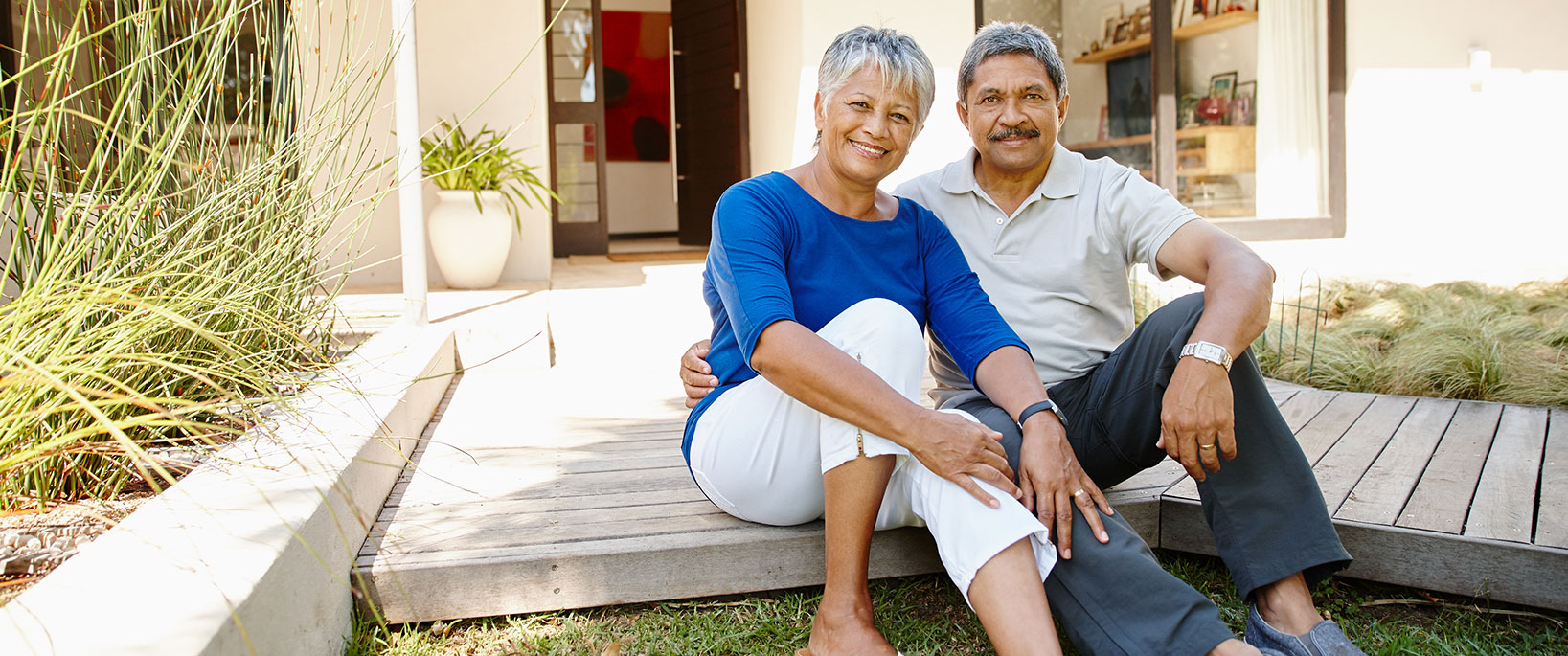HOW TO MAKE ENDS MEET WHILE WAITING FOR DISABILITY BENEFITS
You’re not working due to an injury or illness, and you’ve applied for Social Security Disability (SSD) benefits. Jumping through the hoops and completing all the paperwork took more time than you expected. Now you’re in a waiting mode while the Social Security Administration (SSA) reviews your application.
It can take months, or longer, to be approved for SSD.
Without income from a regular job or elsewhere, you might have to be creative and resourceful to make ends meet while you wait for a benefits decision and your first disability payment.
This is challenging. At Levine Benjamin Law Firm, our Michigan disability lawyers can share with you the ways we’ve seen our clients deal with this.
Here are six strategies for supporting yourself while waiting for Social Security Disability benefits:
No. 1: WORKING A LITTLE BIT WHILE YOU SEEK DISABILITY BENEFITS
Some people don’t realize they can work a small amount and still meet Social Security Disability qualifications. The key is understanding that if you earn more than a certain threshold, you won’t qualify for benefits.
As of 2025, the threshold for what the SSA considers “substantial gainful activity” is $1,620 per month. A person with statutory blindness can earn $2,700 per month and still qualify for benefits.
Make more than those amounts, and your disability claim will likely be denied.
One possibility, if you can do it, is gig work like driving passengers or delivering food for Uber, Lyft, DoorDash, Grubhub, Instacart and others.
Your physical or mental health impairments must keep you from being able to earn above “substantial gainful activity” for at least a year for you to qualify for benefits.
No. 2: TAPPING ALL AVAILABLE MONEY SOURCES WHILE YOUR DISABILITY CLAIM IS PENDING
Some people borrow from their 401(k) or another retirement plans to help cover bills until disability payments arrive. Others refinance homes, sell homes and move in with family, sell cars or other property, use credit cards, or borrow from friends or family.
While these are options, it may be that some of them should only be last resorts.
You’re having a hard time staying afloat financially now, but you also might not be in a position to pay back loans or recover your retirement savings even after your disability payments arrive.
No. 3: SEEKING OTHER GOVERNMENT ASSISTANCE WHILE WAITING FOR DISABILITY
If you’re struggling to pay for basic necessities such as food, housing, household supplies or utilities as you wait for disability payments, you should know other assistance programs are in place to help you.
Some programs come from government agencies, insurance companies or utility companies:
- Veterans’ Disability Benefits (VA): If you have a qualifying impairment stemming from your military service.
- Workers’ Compensation Benefits: If you had a work-stopping injury on the job.
- State-Run Disability Benefits: Social Security Disability is part of the federal government. Some states have their own programs to help people with disabilities.
- Long-Term Disability Insurance Benefits: If you have coverage under a private insurance policy.
- Supplemental Nutritional Assistance Program (SNAP): Offers help covering the cost of food.
- Temporary Assistance for Needy Families (TANF): Economic aid for families with children.
- Women, Infants and Children (WIC) Benefits: Provides nutritional help.
- Emergency Rental Assistance: Local and federal programs could help with rent in a financial crisis.
- Crisis Funds: Some cities and counties raise money for hardship assistance.
- Section 8 Housing: Provides long-term help with housing.
- Utility Assistance: Many utility companies help with bills, including payment plans, forgiveness and other breaks.
- Medicaid or CHIP: Health care coverage for adults and children lacking income.
No. 4: GETTING HELP FROM NON-PROFIT OR RELIGIOUS GROUPS WHILE YOU WAIT FOR SSD
You can also find help from non-profit organizations, such as:
- Food banks
- Rental help from non-profits or religious organizations
- Clothing and household item donations from private groups
- Transportation or gas money provided by charitable organizations
One way to find forms of assistance available to you while you’re waiting on your Social Security Disability application is to call a 211 hotline.
This help line can connect you to multiple services. Michigan, Ohio and Indiana all have 211 hotlines.
No. 5: GETTING SSI BENEFITS WHILE YOU WAIT FOR SSDI
In certain cases, you can receive disability benefits from Supplemental Security Income (SSI) while you wait for a decision on your Social Security Disability Insurance (SSDI).
Social Security runs both programs, and both require you to be unable to work, but SSDI also requires you to have a significant work history and SSI doesn’t.
SSDI has a built-in waiting period for starting benefits after the date Social Security officially determines you had a qualifying disability. SSI doesn’t have that waiting period, so those benefits can start faster.
If your income and financial resources are low enough, you qualify financially for SSI.
With certain obviously severe health conditions, you can also get a “presumptive disability” determination that speeds up your SSI payments.
A special note about SSI: If you receive SSI benefits, the amount you receive could be reduced based on assistance you get from some of the other programs listed above.
If you receive too much in other forms of help, you could be disqualified for SSI altogether.
No. 6: WHAT ABOUT FILING FOR UNEMPLOYMENT WHILE WAITING FOR SSD?
When you’re out of work, you think about filing for unemployment benefits.
But if the reason you’re out of work is health problems, and you’re applying for Social Security Disability benefits, this is tricky.
An unemployment claim means you’re telling the government that you’re able and ready to work but simply don’t have work right now.
In a disability claim, you’re telling the government you’re unable to work because of health problems.
So applying for unemployment benefits could get your disability claim denied. Social Security may see your unemployment claim as you admitting you don’t have severe enough health impairments to stop working.
But it’s not always simple.
If you’re talking about work that’s less than Social Security’s “substantial gainful activity” standard, for example, and your state unemployment benefits program allows you to seek benefits when you’re unemployed from part-time work, you may still be able to purse both kinds of benefits.
FINALLY: DO ALL YOU CAN TO IMPROVE YOUR CHANCES OF WINNING DISABILITY BENEFITS
While you can’t speed up the work of the SSA, you can follow strategies to avoid adding to the wait for disability benefits.
In preparing your application, you need to make sure to submit all of your information and documentation correctly to reduce your chances of receiving an initial denial. The appeals process, if you have to pursue it, prolongs the wait.
Working with a Social Security Disability lawyer helps you avoid mistakes that could delay your disability benefits.
The attorneys at Levine Benjamin have years of experience dealing with the SSD benefits process. We’ve helped thousands of people in Michigan, Ohio, Indiana and around the country.
We can help you avoid costly mistakes. We work with you to ensure your application is complete and without error, increasing your chances of being approved for benefits in the timeliest way possible.
Contact Levine Benjamin for help with your disability benefits claim.






